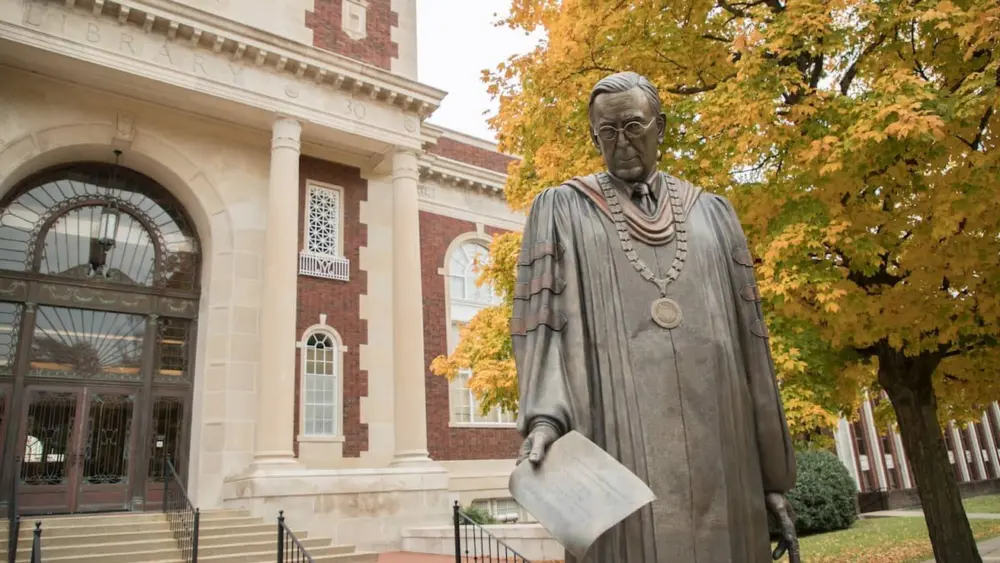Thomas Downing Struck By Train
December 27, 1910
Written by Justin D. Lamb
On the afternoon of December 27, 1910, Thomas Downing was walking down the railroad track near the community of Iola when he was suddenly struck down by a train.
Walking the tracks between Iola and Benton was a normal routine for Downing as he used the tracks to guide him home on his several trips to the countryside. Downing was a well-known farmer who lived outside of Benton with his wife, Nora, and their several children.
As the train approached the Iola depot, the engineer of train no. 61 of the Nashville, Chattanooga, & St. Louis railway noticed Downing on the tracks and blew the whistle several times to warn him of the approaching train. Due to his deafness, Downing continued to walk on the tracks as the train inched closer. Before the engine could be stopped, Downing was struck by the train and thrown from the tracks. He was killed instantly. “The back of his skull was crushed to a pulp, his back battered, both ankles fractured, and bruised about his body,” reported the Paducah Evening Sun. The body was recovered and put on the train where it was taken to Paducah to a local funeral home until the family was notified.
Following the tragedy, the family of Downing sued the railroad company for negligence in Thomas Downing’s death. The case was brought up in Marshall County Circuit Court in front of a jury with Circuit Judge William Reed presiding. Several witnesses were brought in to give their testimony and ultimately the jury sided in favor of the Downing family and awarded them a $2,000 settlement.
The railway company appealed to the ruling to the Kentucky Court of Appeals. The company argued that the engineer had no knowledge of Downing’s deafness and that several warning whistles were sounded to warn Downing of the approaching train. The company also argued that the railroad tracks belonged to the railway company and that Downing was trespassing.
In addition, Newton Pace, a local farmer of the Iola community who witnessed the incident was brought in and testified that after the whistle was blown from the train that Downing began to “run four or five or maybe six steps down the tracks” as if he had heard the warning. The Court of Appeals ruled in favor of the railway company and reversed the decision of the lower court.
Thomas Downing is buried in the Palmer Cemetery in Benton. Tragedy struck the Downing family just weeks after the train accident as the four year old daughter of Thomas and Nora Downing died of diphtheria, a severe infection of the nose and throat. A few years later in 1918, Thomas and Nora Downing’s oldest daughter, Gertrude passed away during the influenza pandemic that struck the county in the winter of 1917-1918. The Downing’s two other children survived adulthood. Following the death of her husband, Nora Downing never remarried and passed away in February 1947 at age 76.






